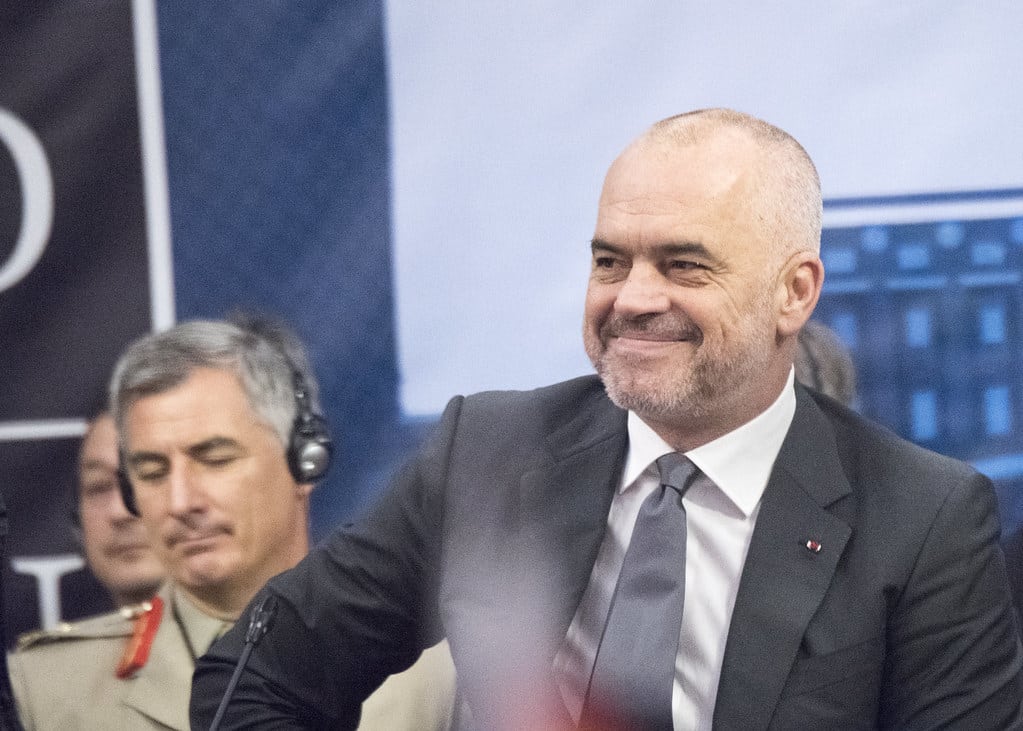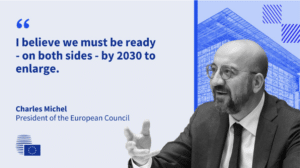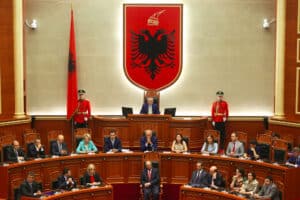On the 30th of July, local elections determining mayors and local councils were held in Albania. Despite being boycotted by the main opposition parties, the elections were held and proceeded largely peacefully. Prime Minister Rama’s Socialist Party (SPA) gained all the seats in municipality positions, but the legitimacy of the results is hotly debated.
Contested elections
Albania’s local elections were contested from the beginning, and the main opposition party – the Democratic Party (DP) – called for a boycott and refused to send their representatives in the field. Weeks prior to the elections, protesters supporting the opposition attempted to interrupt the preparations of the elections, and the DP discouraged people from voting. Their anger is caused by Prime Minister Edi Rama’s alleged involvement in fraud and corruption. He is accused of having “bought” his victory in the 2017 general elections and of being linked to organized crime. Additionally, the main opposition parties have boycotted the parliament since mid-February, in protest against Rama’s dishonest practices. Albania has a political tradition of boycotting: during DP’s rule SPA boycotted the parliament.
President calls for delay of elections
President Ilir Meta (Social Movement for Integration, LSI) recognized the precarious situation caused by the elections, and called for a meeting among party leaders to resolve the political crisis. However, Rama refused to attend, following which Meta cancelled the elections and delayed them until October. According to the President, a former ally of Rama, this is the only way to achieve real, multiparty elections and to prevent an outbreak of violence. Albania has a history of disputed electoral results and “the-winner-takes-it-all” politics, pushing opponents to take their anger to the streets due to the lack of a proper channel to discuss their objection. Prime Minister Rama rejected this, and the government decided to hold elections despite the oppositions’ refusal to send candidates in the field. Rama wanted to send a signal that the tradition of boycotting the decision-making process should end.
Peaceful election day
In hindsight, the fear of violent clashes among government supporter’s and the opposition remained unjustified, and besides a few minor incidents, such as the occupation of polling stations by supporters of the opposition, the elections proceeded peacefully. This can partially be explained by the international community pressuring opposition groups to refrain from violence, mostly the EU and the U.S., and partially by the low voting turn-out. In the end, only 21 percent of the registered voters cast their vote, and the Socialist Party won the election by a landslide, gaining control in all 61 municipalities. Thereby, the opposition lost their position of power in 24 municipalities. Disregarding the claims of illegitimacy, the Socialist government proclaimed that the voting turn-out as sufficiently high for a legitimate victory.
Consequently, Rama’s party controls the central and local government organs, in addition to having considerable influence over other, theoretically independent institutions. This compels critics to judge Albania’s democracy as faulty.
A major issue is, for instance, that the Central Electoral Commission (CEC) is dominated by the Socialist Party, resulting in even more distrust regarding the electoral outcome. Klement Zguri, nominal chairman of the CEC, argued that the actual voting-turnout is even lower than claimed by the Socialist affiliated commission members. Ivi Kaso, a representative of the Democratic Party, also dismissed the results and rejects the counting procedure as “a massive operation for manipulating the participation rate”.
An obstacle to EU membership?
The elections were crucial for Albania, as the country seeks to open EU accession negotiations this year, and is eager to demonstrate political progress, and a solid, pluralistic democracy. In autumn the EU will decide on possible accession talks with Tirana, and has made it clear that political disputes are an obstacle to EU membership. Critics, such as the international observation mission, complain that the results cannot be accepted as a fair, democratic outcome due to the quasi absence of opposition candidates.
Sources:
BBC BalkanInsight RadioFreeLiberty/RadioFreeEurope Al Jazeera euronews BalkanInsight BalkanInsight
Photo: Flickr



